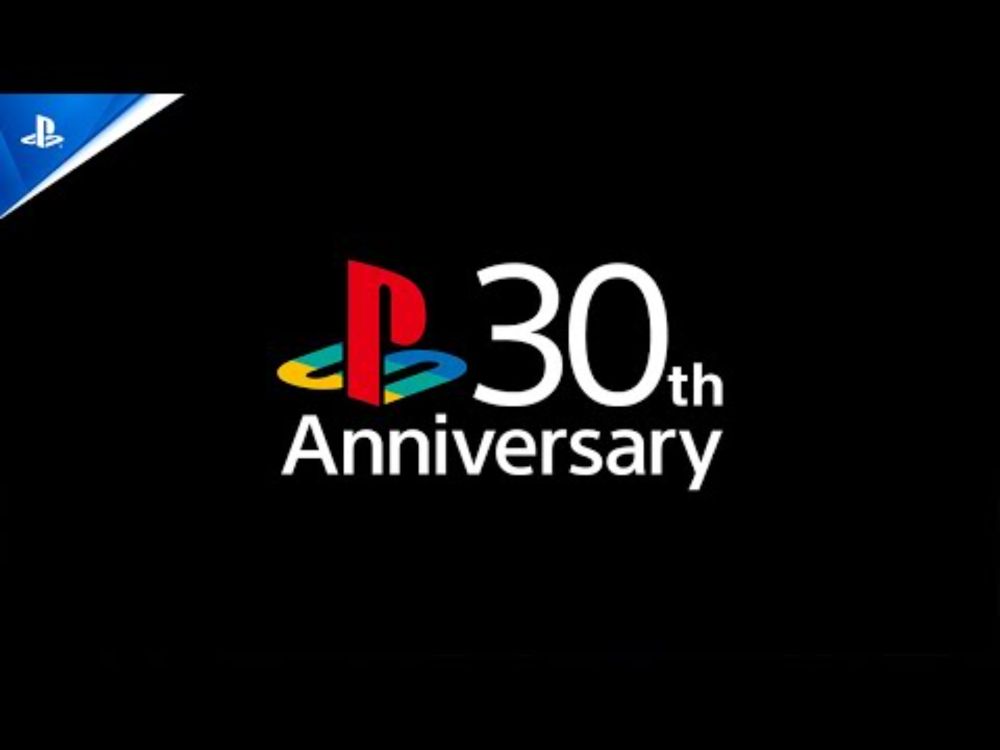
Javy
@venomfate31.bsky.social
100 followers
150 following
40 posts
🎥 Aspiring filmmaker. 🎭 Psychology grad crafting stories with depth. ⚾ Mets fan, 🎮 gamer, 📺 anime lover, and 💻 tech geek. Passionate about art, culture, and storytelling. 🌟
Posts
Media
Videos
Starter Packs
Javy
@venomfate31.bsky.social
· Aug 18
Javy
@venomfate31.bsky.social
· Aug 18
Javy
@venomfate31.bsky.social
· Aug 18
Javy
@venomfate31.bsky.social
· Aug 18
Javy
@venomfate31.bsky.social
· Aug 18
Javy
@venomfate31.bsky.social
· Dec 4
It's about you.
Thank you for 30 years of play 💙
Thank you for 30 years of play 💙

30th Anniversary | Thank You
YouTube video by PlayStation
www.youtube.com
Javy
@venomfate31.bsky.social
· Dec 1
Javy
@venomfate31.bsky.social
· Dec 1
Javy
@venomfate31.bsky.social
· Dec 1
Javy
@venomfate31.bsky.social
· Dec 1
Javy
@venomfate31.bsky.social
· Dec 1
Javy
@venomfate31.bsky.social
· Dec 1
Javy
@venomfate31.bsky.social
· Dec 1
Javy
@venomfate31.bsky.social
· Dec 1
Javy
@venomfate31.bsky.social
· Nov 30
Javy
@venomfate31.bsky.social
· Nov 29
Javy
@venomfate31.bsky.social
· Nov 29
Javy
@venomfate31.bsky.social
· Nov 29
Javy
@venomfate31.bsky.social
· Nov 29
Javy
@venomfate31.bsky.social
· Nov 29
Javy
@venomfate31.bsky.social
· Nov 29
Javy
@venomfate31.bsky.social
· Nov 29
Javy
@venomfate31.bsky.social
· Nov 29



